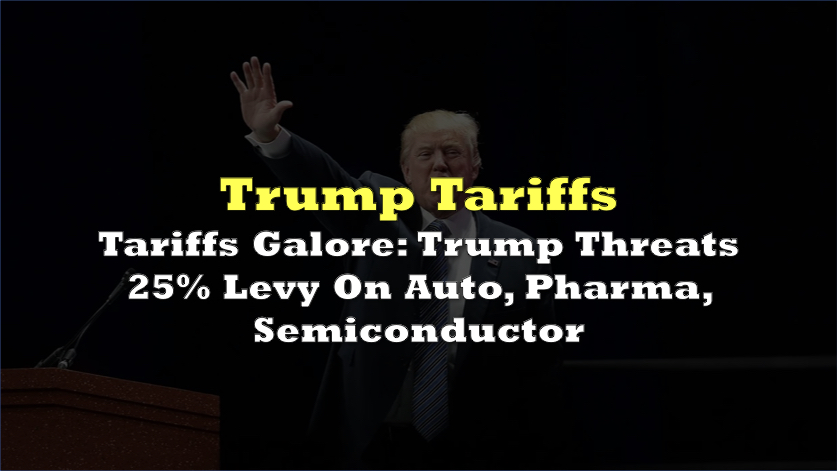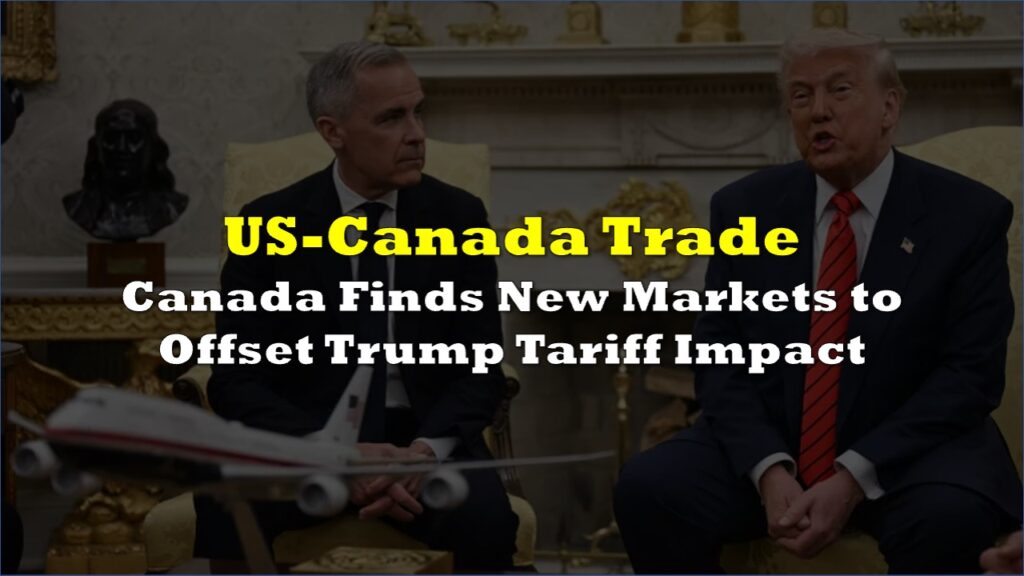Albertsons (NYSE: ACI) is adopting a combative stance against tariff-driven price hikes, warning suppliers that it “will not accept cost increases,” according to a letter sent by its head of merchandising.
The grocery giant, which operates over 2,200 stores across the US, outlined a strict approval process for any supplier seeking to adjust prices due to rising import tariffs.
“With few exceptions, we are not accepting cost increases due to tariffs,” the letter emphasized, requiring suppliers to give 90 days’ advance notice, submit detailed explanations and supporting documents, and then endure a 30-day review period—without any guarantee of approval.
Suppliers who add unauthorized tariff-related costs to invoices face potential disputes and delayed payments.
"Albertsons tells suppliers to eat the cost of tariffs: ‘We are not accepting cost increases’" https://t.co/3D7bie6L7p pic.twitter.com/q5CeYA6Y7G
— Scott Lincicome (@scottlincicome) April 26, 2025
Albertsons framed its policy as a defense of customer value, stating it is “committed to maintaining the value propositions our customers expect.”
The practice echoes tactics used during the pandemic-era supply chain crises, when major retailers like Albertsons and Kroger tightened contractual terms and raised prices despite disruptions, according to a FTC report.
Yet Albertsons’ show of strength could ultimately reveal vulnerability. As Cato Institute VP Jordan Weissmann pointed out, if Albertsons can dictate prices to such an extent, “it suggests there are some monopsony issues”—a reference to excessive buyer power that could invite antitrust scrutiny.
If Albertson’s actually has this kind if price-setting power it suggests there are some monopsony issues
— Jordan Weissmann (@JHWeissmann) April 26, 2025
Walmart has reportedly demanded steep price cuts from Chinese suppliers, while Amazon is renegotiating contracts to resist passing higher costs onto consumers. Meanwhile, Trump-era tariffs—among the highest taxes on trade in nearly a century—have already strained margins and shaken consumer sentiment.
Information for this briefing was found via Fortune and the sources mentioned. The author has no securities or affiliations related to this organization. Not a recommendation to buy or sell. Always do additional research and consult a professional before purchasing a security. The author holds no licenses.









